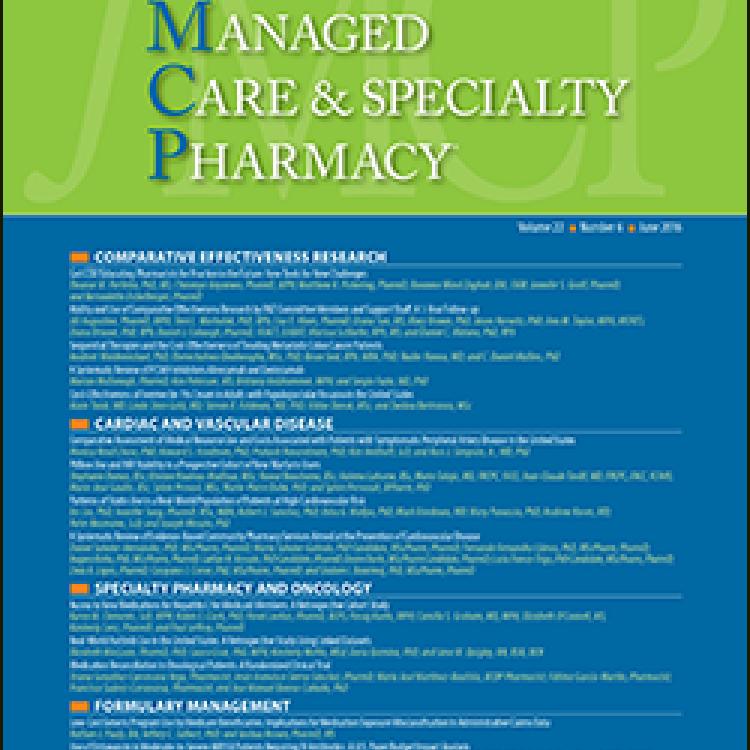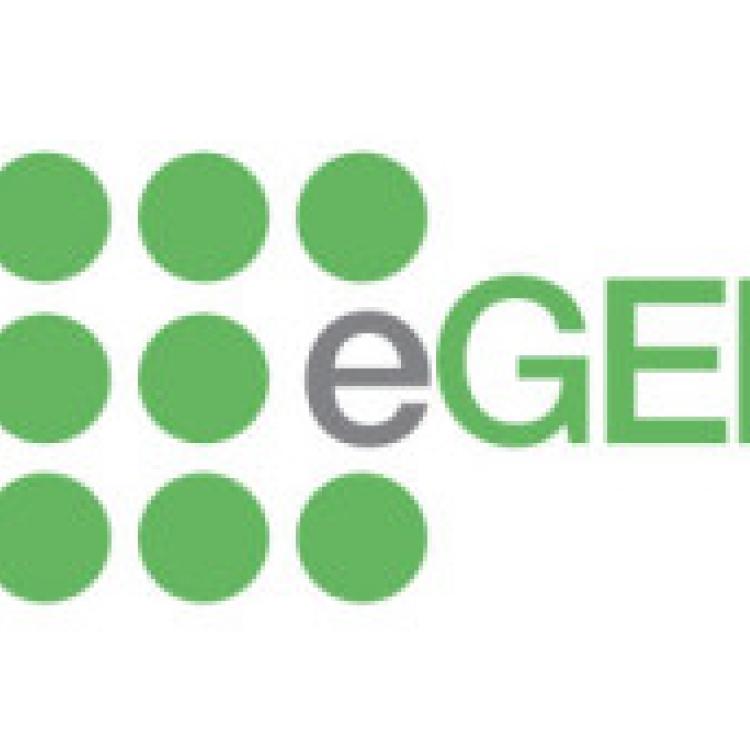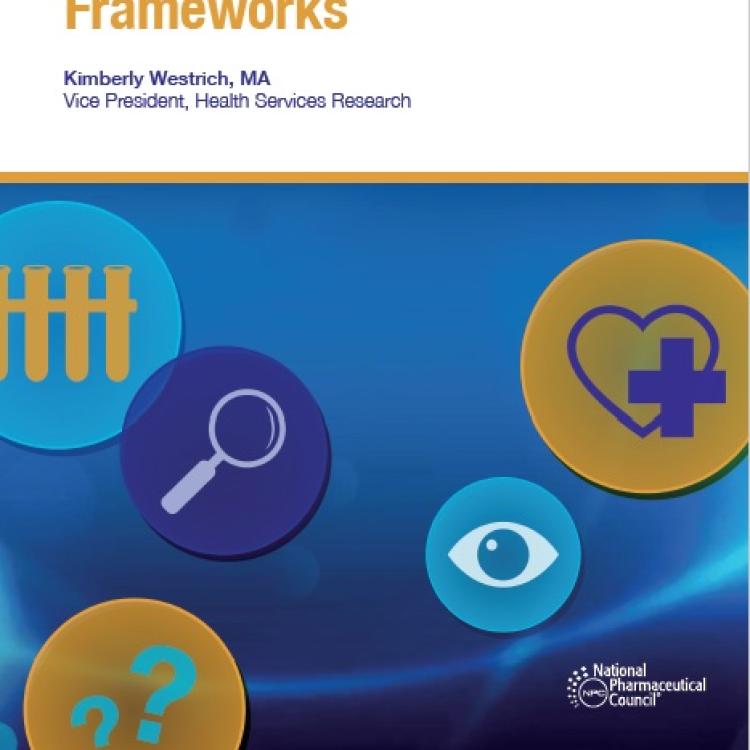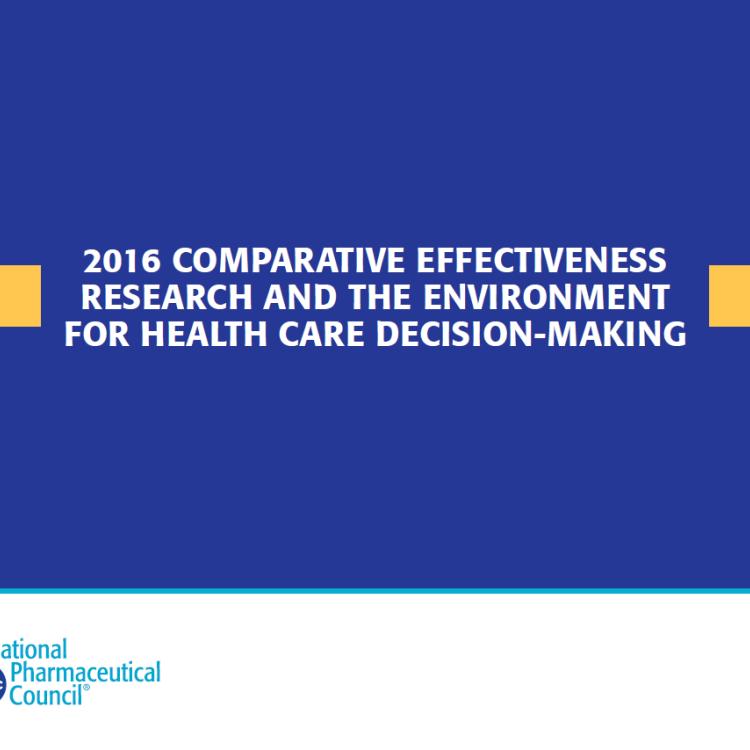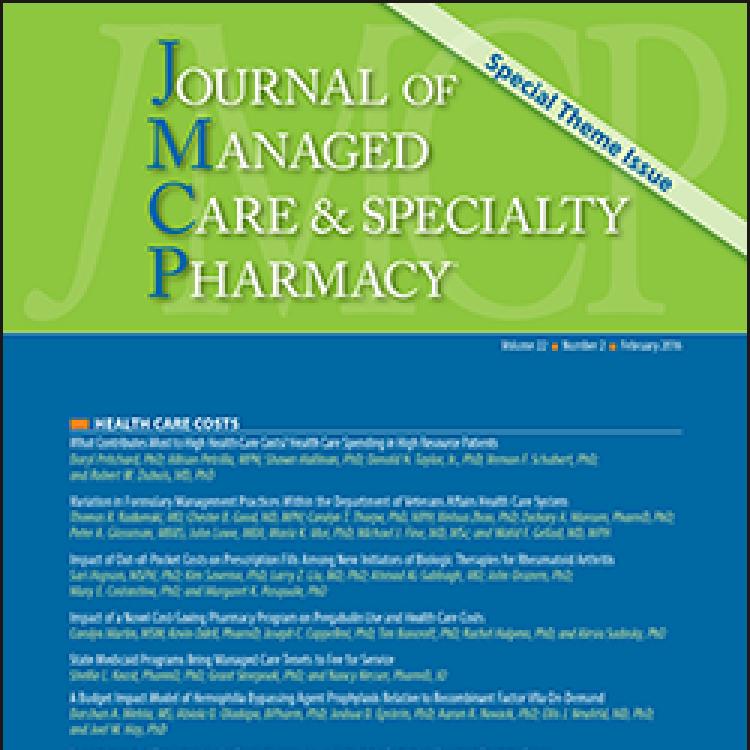Resources
The National Pharmaceutical Council (NPC) is a health policy research organization dedicated to the advancement of good evidence and science, and to fostering an environment in the United States that supports medical innovation.
Filter by:
Topic
Topic
- Accountable Care Organizations
- Alternative Payment Models
- Biopharmaceutical Innovation
- Clinical Pathways
- Elements of Value
- Evidence for Decision Making
- Formulary/Benefit Design
- Good Practices for Evidence
- Health Care Quality Measures
- Health Spending
- Health Spend Management
- High-Deductible Health Plans
- Impact on Outcome & Spending
- Individual Treatment Effects & Personalized Access
- IRA Implementation
- Pandemic Response
- Patient Cost Sharing
- Paying for Cures
- Pharmacy Benefit Managers (PBMs)
- Policy & Regulatory Barriers
- Real-World Data
- Real-World Evidence
- Regulatory Barriers & Challenges
- Understanding Health Spending
- Utilization Management & Step Therapy
- Value-Based Contracts
- Value-Based Insurance Design
- Value Assessment
- Value Assessment Frameworks
- Value Assessment Methods
Resource Type
Audience
Display Only
Showing 266 Results
Value Assessment Frameworks: Are They Up To The Challenge?
In this article published on the Health Affairs Blog, NPC researchers Dr. Robert Dubois and Kimberly Westrich ask: Are value assessment frameworks ready to compare the health and economic impacts of…
Concerns Around Budget Impact Thresholds: Not All Drugs Are The Same
A study published in Value in Health explores the potential impact of using budget thresholds as budget caps (e.g., cannot spend more than a set dollar amount) for individual drugs.
Comparison of Value Framework Assessments for Multiple Myeloma
In this NPC-funded study conducted by the Lewin Group, four existing value assessment frameworks were compared head to head to understand how each framework would approach the same condition,…
Does a One Size Fits All Cost-Sharing Approach Incentivize Appropriate Medication Use?
Patients contribute to health care costs through out-of-pocket expenses, like copays and coinsurance. These cost-sharing mechanisms are intended to help payers manage costs and…
Does a One-Size-Fits-All Cost-Sharing Approach Incentivize Appropriate Medication Use? A Roundtable on the Fairness and Ethics Associated with Variable Cost Sharing
A study convened an expert roundtable of patient, payer, and employer representatives to review four case studies to understand when it would be more (or less) acceptable to require patients…
Improving Oncology Quality Measurement in Accountable Care: Filling Gaps with Cross-Cutting Measures
According to a study, gaps in the quality measures used by accountable care programs to assess cancer care may obscure problems in care delivery and lead to missed opportunities for improvement of…
Assessing Value: Promise and Pitfalls Conference Summary Report
At NPC's conference, Assessing Value: Promise and Pitfalls, top experts in their fields united to discuss value assessment as it impacts payers, patients, providers and pharmaceutical innovators.
Comparison of Value Assessment Frameworks Using the National Pharmaceutical Council’s Guiding Practices for Patient-Centered Value Assessment
NPC worked with The Lewin Group to conduct an independent analysis of the extent to which five major value assessment frameworks address or align with NPC’s Guiding Practices for Patient-Centered…
The Central Role of Physician Leadership for Driving Change in Value-Based Care Environments
This case study analyzing accountable care organizations looks at lessons learned from the implementation of the American Medical Group Foundation’s Measure Up/Pressure Down initiative.
A Dynamic Approach to Consumer Cost-Sharing for Prescription Drugs
The level of consumer cost-sharing for higher cost medication should be aligned with the clinical value – not solely the price – when lower cost alternatives do not produce the desired patient…
Got CER? Educating Pharmacists for Practice in the Future: New Tools for New Challenges
This study provides an early evaluation of the CER Collaborative's training program's impact on learners’ self-reported abilities to evaluate and incorporate comparative effectiveness research…
Designing Successful Bundled Payment Initiatives
The National Pharmaceutical Council led a study that identified three principles intended to maximize the positive aspects and minimize the negative consequences of bundled payments.
Data, Data Everywhere, But Access Remains a Big Issue for Researchers
This study captures the policy inconsistencies and hurdles that can hinder use of publicly funded federal and state datasets for researchers. These limitations can make it harder to conduct high…
Why Is Broader Access to Publicly Funded Data Important?
This infographic illustrates the policy inconsistencies and hurdles that can hinder use of publicly funded federal and state datasets for researchers.
Current Landscape: Value Assessment Frameworks
This paper builds on Neumann and Cohen's informative comparison of value assessment frameworks by carrying the assessment further and providing specific detailed observations. It delves deeper into…
2016 Comparative Effectiveness Research and the Environment for Health Care Decision-Making
NPC's sixth annual survey of stakeholder views on comparative effectiveness research (CER) and the environment for health care decision-making found that stakeholders continue to have a high…
Using an Electronic Medication Refill System to Improve Provider Productivity in an Accountable Care Setting
This case study highlights the critical components of Sharp Rees-Stealy Medical Group's electronic medication refill system that allows for a centralized team to manage all incoming prescription…
Guiding Practices for Patient-Centered Value Assessment
In 2016, NP developed Guiding Practices for Patient-Centered Value Assessment that included 28 specific elements, which are broken out into six key aspects of value assessments: the assessment…
What Contributes Most to High Health Care Costs?
A small segment of the population—often the sickest patients—drive the majority of health care spending. This study, which examined the spending patterns for these high resource patients (HRP), …
Care Pathways in U.S. Health Care Settings: Current Successes and Limitations, and Future Challenges
Care pathways, also known as clinical pathways or integrated care pathways, are typically characterized as a method for managing patient care based on clinical practice guidelines, with the main…










